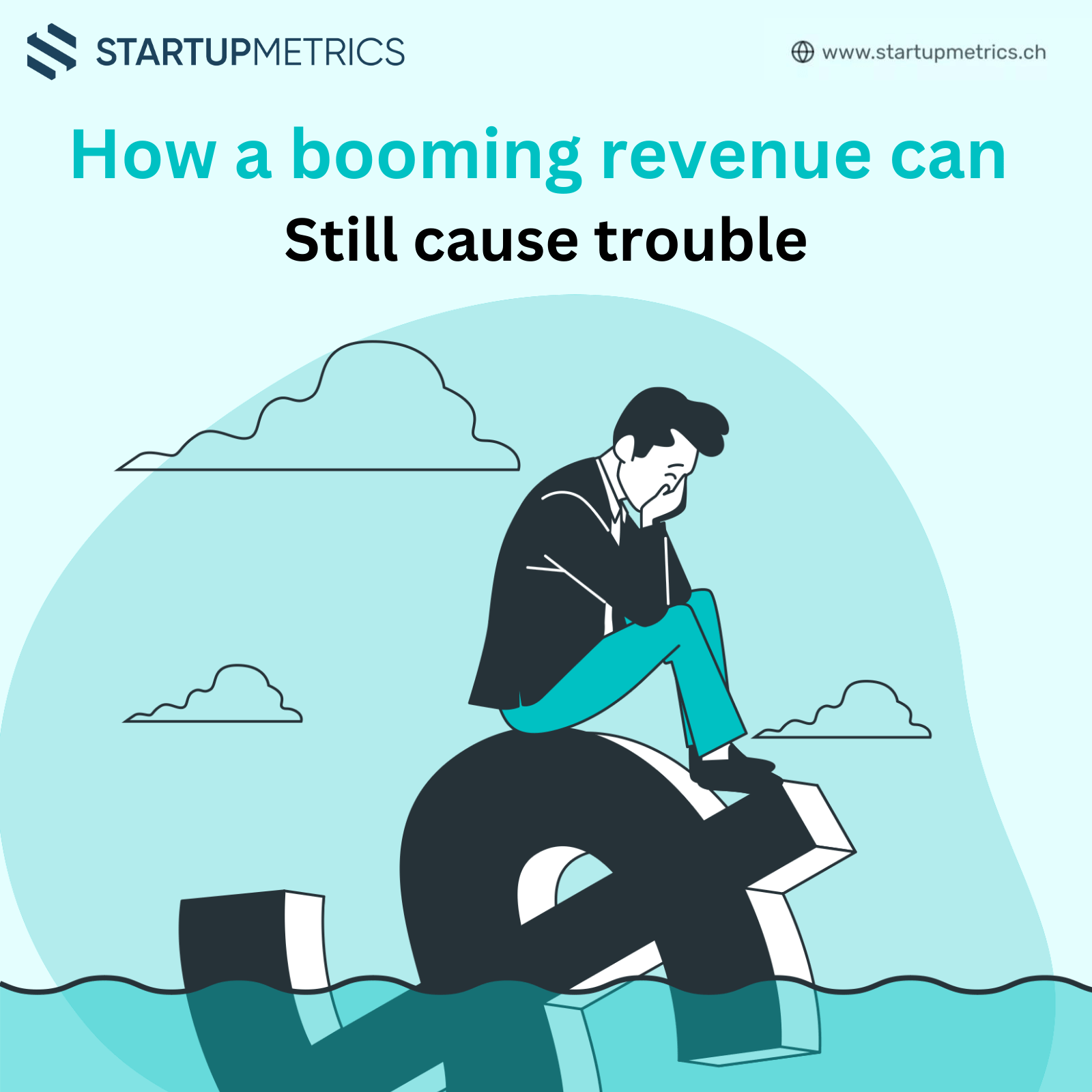
How a Booming Revenue Can Still Cause Trouble
A few months ago, we were contacted by a well-known tech startup that had experienced meteoric growth. Their revenue had…
The European venture capital (VC) market is navigating significant challenges in 2024 as founders’ demand for funding continues to surpass available capital from VC firms. Valuation remain under pressure, and VC funds are grappling with temporary negative returns. Amidst this uncertain landscape, VCs are adopting technology, conducting thorough due diligence, and tightening efficiencies to stay competitive. This article provides insights into the valuation trends in Europe’s VC market and highlights key factors influencing the current valuation environment.
Founders’ increasing demand for venture funding has outpaced the capital available from VC firms. This has led to a reversal in the bid-ask spread, with founders feeling their startups are undervalued, while limited partners (LPs) believe early-stage businesses are overvalued. As a result, mergers and acquisitions (M&A) and private equity deals are expected to see an uptick in 2024.
VCs and founders are grappling with differing perceptions of startup valuation. While founders feel their startups are undervalued, LPs express concerns about the overvaluation of early-stage businesses. This discrepancy is leading to a cautious approach from investors, with an increased focus on profitable markets, cost-cutting measures, and tighter efficiencies.
In 2023, VC funds reported multiple negative returns for the first time in over five years. While experienced VCs consider this a natural correction, newcomers find it unique and daunting. Navigating this challenging environment requires strong investor relations and data analysis skills to make informed decisions.
VCs are recognizing the need for thorough due diligence to scrutinize potential targets closely. This shift comes after a period of loose due diligence during a spending spree. Patient VCs will rely on traditional benchmarks and reliable data to assess valuations accurately.
2023 witnessed a decline in VC activity compared to previous years due to various economic factors such as the war in Ukraine, global supply chain issues, rising interest rates, inflation, and the possibility of a recession. The number of deals and capital invested decreased, and valuations faced downward pressure, particularly for late-stage companies.
Fundraising activity slowed down in the second half of 2023 due to market uncertainty. Exit activity experienced a significant drop, with a shift toward mergers and acquisitions accounting for 50% of VC-backed exits. Young startups opted for M&A transactions to secure greater financial certainty within established and well-capitalized businesses.
In Q1 2024, European venture deal value decreased by 32.1% quarter-over-quarter, accompanied by a 19.2% decline in the number of deals. High inflation and tightening monetary policy led investors to deploy less capital and focus on capital efficiency. Debt rounds are expected to become more common alongside equity rounds, leading to potential layoffs and cost-cutting measures within startups.
| Quarter | Deal Value (EUR billions) | Number of Deals |
|---|---|---|
| Q1 2023 | 15.2 | 900 |
| Q2 2023 | 13.0 | 850 |
| Q3 2023 | 12.5 | 800 |
| Q4 2023 | 10.3 | 750 |
| Q1 2024 | 7.0 | 600 |
Q2 2024 is expected to be another challenging quarter for VC investment in Europe. Uncertainty in the market will likely make VC investors cautious, emphasizing the evaluation of business models for resilience and cost reduction measures within portfolio companies. Well-capitalized corporates may see this environment as an opportunity for acquisitions. Governments may increase support for startups, and non-core carve-outs and bolt-on deals may experience an uptick if market challenges persist.
In response to the challenging market conditions, VC firms are increasingly adopting advanced technologies to enhance their operations. Technologies such as artificial intelligence (AI) and machine learning are being used to:
Several economic factors are impacting VC valuations in Europe:
To successfully navigate the current VC landscape, startups should consider the following strategies:
Governments across Europe are recognizing the importance of supporting startups during these challenging times. Measures being implemented include:
The European VC market in 2024 presents numerous challenges for investors and startups alike. Valuations face downward pressure accelerated by interest and inflation rates, and VC funds temporarily experience negative returns. However, by conducting thorough due diligence, adopting technology, and tightening efficiencies, startups and VCs can navigate this uncertain market successfully. Staying informed about VC trends and statistics will be crucial for both investors and founders aiming to make informed decisions and seize opportunities in this dynamic landscape.